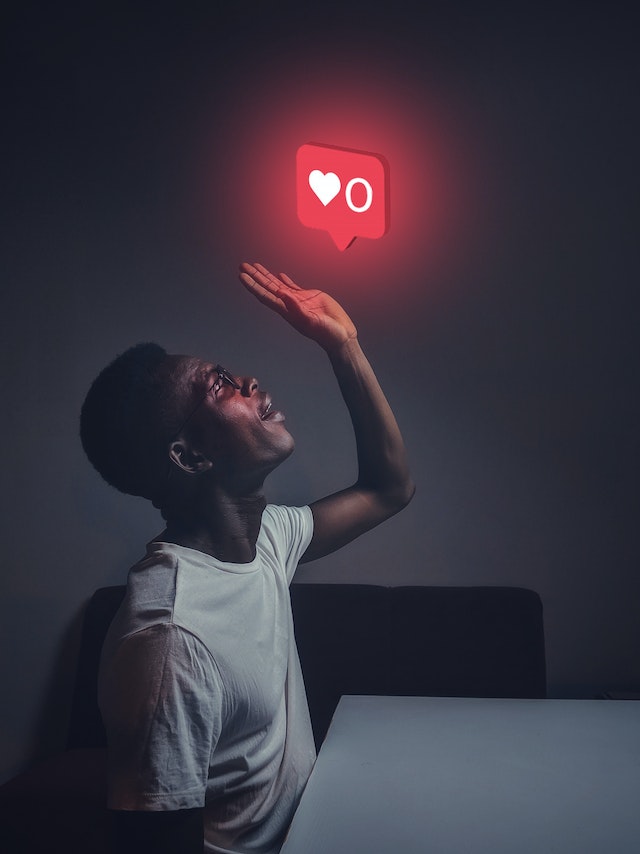The Negative Effects of Social Media on Young Adults

Introduction
Social media has become a ubiquitous part of young adults’ lives, with platforms such as Instagram, Twitter, and Facebook providing an avenue for communication, social interaction, and self-expression. While social media has some benefits, it has also been linked to several negative effects on the mental health, social skills, and overall well-being of young adults. In this article, we explore some of the most significant negative effects of social media on young adults.
Social Media and Mental Health
One of the most significant negative effects of social media on young adults is its impact on their mental health. Studies have shown that social media use is associated with increased levels of anxiety, depression, and low self-esteem. Social media platforms can create a sense of social pressure, where individuals feel the need to present a perfect image of themselves, leading to feelings of inadequacy and self-doubt.
Social Media and Cyberbullying
Cyberbullying is a type of bullying that occurs through electronic means, including social media platforms. Social media provides a platform for anonymous bullying and harassment, which can have severe consequences for the mental health and well-being of young adults. Cyberbullying can lead to feelings of anxiety, depression, and even suicide.
Social Media and Addiction
Social media can be addictive, and young adults are particularly susceptible to its addictive qualities. Social media platforms are designed to keep users engaged, and the constant stream of notifications, likes, and comments can create a compulsion to check one’s social media accounts regularly. This addiction can lead to negative consequences, such as a decrease in productivity, an increase in procrastination, and a lack of focus.
Social Media and Sleep
The blue light emitted by electronic devices can interfere with the body’s production of melatonin, a hormone that regulates sleep. This interference can lead to sleep disturbances and insomnia, which can have negative consequences for young adults’ physical and mental health. The constant use of social media before bed can also lead to an increase in stress and anxiety, making it harder to fall asleep and stay asleep.
Social Media and Relationships
Social media can have a negative impact on young adults’ relationships. Studies have shown that social media use is associated with increased jealousy and relationship conflict. Social media can also create unrealistic expectations for relationships, leading to disappointment and disillusionment when these expectations are not met.
Social Media and FOMO
FOMO, or the fear of missing out, is a psychological phenomenon where individuals feel anxious or stressed about missing out on social events or experiences. Social media can exacerbate FOMO, as individuals are constantly bombarded with images and posts of their peers’ exciting and glamorous lives. This constant comparison can lead to feelings of inadequacy, anxiety, and low self-esteem.
Social Media and Privacy
Social media platforms collect a vast amount of personal data, which can be used for targeted advertising and even identity theft. Young adults may not be aware of the extent to which their personal information is being shared on social media platforms, leading to potential negative consequences.
Conclusion
While social media has some benefits, it can have several negative effects on young adults. The impact of social media on mental health, relationships, addiction, sleep, and privacy is cause for concern. It is essential for young adults to be aware of these potential negative effects and take steps to mitigate them, such as limiting their social media use or seeking professional help if necessary.




Responses